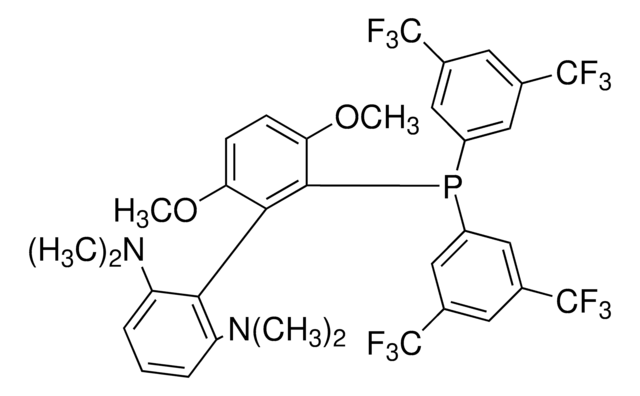919012
PEI Prime™ linear polyethylenimine
suitable for gene delivery
Synonym(s):
PEI
Sign Into View Organizational & Contract Pricing
All Photos(2)
About This Item
Linear Formula:
(C2H5N . HCl)n
CAS Number:
MDL number:
UNSPSC Code:
12162002
NACRES:
NA.23
Recommended Products
Quality Level
form
powder
color
white to off-white
storage temp.
2-8°C
SMILES string
N(CCC)C
InChI
1S/C4H11N/c1-3-4-5-2/h5H,3-4H2,1-2H3
InChI key
GVWISOJSERXQBM-UHFFFAOYSA-N
Related Categories
Application
PEI Prime™ is a cationic polymer designed for high-yield, reproducible and scalable drug and gene delivery. As a gene carrier, PEI forms a complex with nucleic acids via electrostatic self-assembly between the negatively charged nucleic acid phosphate groups and positively charged PEI amine groups. Due to this interaction, PEI has been extensively explored as a gene carrier and is one of the most effective synthetic polymers for the delivery of nucleic acids into cells through endocytosis.
PEI Prime™ uses an optimized form of PEI to reduce performance variance and speed process development time. Each batch of PEI Prime™ undergoes triplicate, quantitative performance testing using an SEAP reporter assay. PEI Prime™ is an excellent choice to produce any biologic cost-effectively, including recombinant proteins, antibodies, and viruses.
PEI Prime™ uses an optimized form of PEI to reduce performance variance and speed process development time. Each batch of PEI Prime™ undergoes triplicate, quantitative performance testing using an SEAP reporter assay. PEI Prime™ is an excellent choice to produce any biologic cost-effectively, including recombinant proteins, antibodies, and viruses.
Legal Information
PEI Prime is a trademark of Serochem LLC
Storage Class Code
11 - Combustible Solids
WGK
WGK 3
Flash Point(F)
Not applicable
Flash Point(C)
Not applicable
Choose from one of the most recent versions:
Certificates of Analysis (COA)
Lot/Batch Number
Don't see the Right Version?
If you require a particular version, you can look up a specific certificate by the Lot or Batch number.
Already Own This Product?
Find documentation for the products that you have recently purchased in the Document Library.
S M Zou et al.
The journal of gene medicine, 2(2), 128-134 (2000-05-16)
Several nonviral vectors including linear polyethylenimine (L-PEI) confer a pronounced lung tropism to plasmid DNA when injected into the mouse tail vein in a nonionic solution. and results We have optimized this route by injecting 50 microg DNA with excess
Global Trade Item Number
| SKU | GTIN |
|---|---|
| 919012-100MG | 4065267745695 |
| 919012-500MG | 4065265381024 |
Our team of scientists has experience in all areas of research including Life Science, Material Science, Chemical Synthesis, Chromatography, Analytical and many others.
Contact Technical Service




